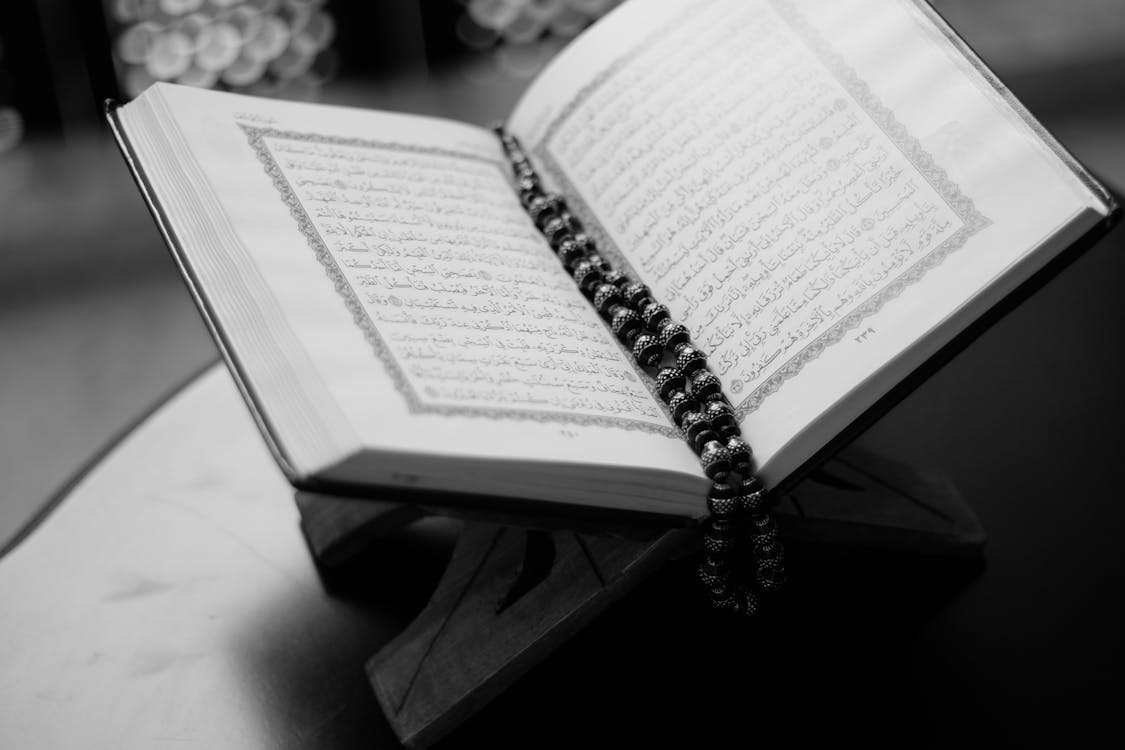Thoughts About the Authenticity of the Qur'an
How do we know the Qur'an is authentic? What I mean by this question is, how do we know the Qur'an we have in our hands is the same one that the Prophet Muhammad taught? I restrict myself in this post to this meaning of authenticity, because the other meaning of authenticity could to the question of its origin (how do we know it is from Allah?), which is a completely different discussion.
This question is important because oftentimes those of us who hold that the Qur'an should be our primary source for Islam and that the hadeeth are of questionable origin are given the following argument: The Qur'an was related to us by the same people who related the hadeeth, therefore if you question the authenticity of the hadeeth how can you accept the Qur'an?
This argument is premised on the idea that we are to know the authenticity of sacred texts based on the isnaad (chain of narrators). Therefore, we trust reliable authorities to pass down the nformation to us.
Once again this is a case where I look at the Qur'an and see the utmost beauty in how it clearly answers every question. The Qur'an does not tell us that to know it is authentic we have to study the people who passed it down. Instead, the Qur'an gives us several methods to test it, the most important of which are internal tests. To make clear what I mean, the science of isnaad is about relying on external authorities. The Qur'an invites us to test its contents, to experiment, to examine it internally. In this way, each person can come to their own conclusions.
One of the most important aayaat in this regard is 4:82 which says:
"Do they not contemplate the Qur'an, and had it been from other than Allah, they would surely have found therein much contradictions."
Internal self-consistency is one of the most important ways we can be confident that the Qur'an is authentic.
That is extremely rational! If we relied solely on the isnaad, we would have to take it on blind faith that we have the same Qur'an that the Prophet Muhammad taught. However, if we follow the method GIVEN BY THE QUR'AN ITSELF, each one of us can decide for ourselves based on experimentation whether we think the Qur'an has been preserved.
Can the hadeeth stand this same test? Meaning, if we applied the rule of experimentation ("had it been from other than Allah, they would surely have found therein many contradictions"), in the end would we think the hadeeth were from Allah or a product of human effort?
In conclusion, the argument that to question the hadeeth means we are questioning the Qur'an because they were both passed down by the same people, is not a strong argument since the Qur'an itself calls us first and foremost to examine its contents to know its authenticity.
That is extremely rational! If we relied solely on the isnaad, we would have to take it on blind faith that we have the same Qur'an that the Prophet Muhammad taught. However, if we follow the method GIVEN BY THE QUR'AN ITSELF, each one of us can decide for ourselves based on experimentation whether we think the Qur'an has been preserved.
Can the hadeeth stand this same test? Meaning, if we applied the rule of experimentation ("had it been from other than Allah, they would surely have found therein many contradictions"), in the end would we think the hadeeth were from Allah or a product of human effort?
In conclusion, the argument that to question the hadeeth means we are questioning the Qur'an because they were both passed down by the same people, is not a strong argument since the Qur'an itself calls us first and foremost to examine its contents to know its authenticity.


0 Comments